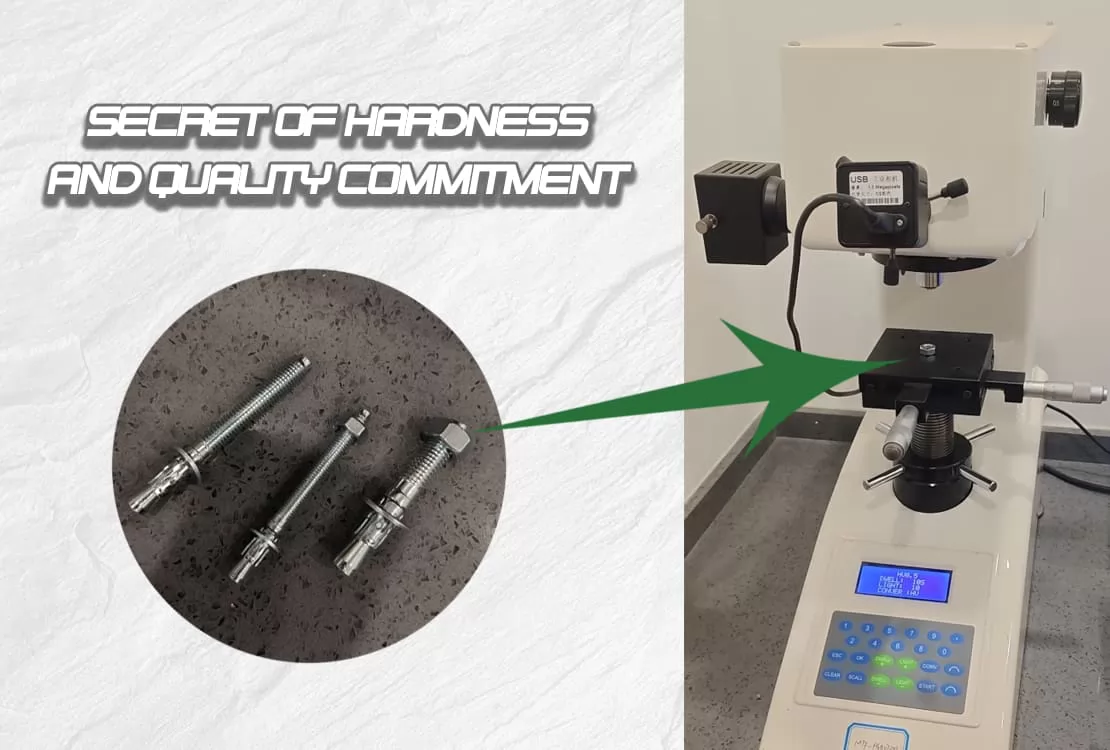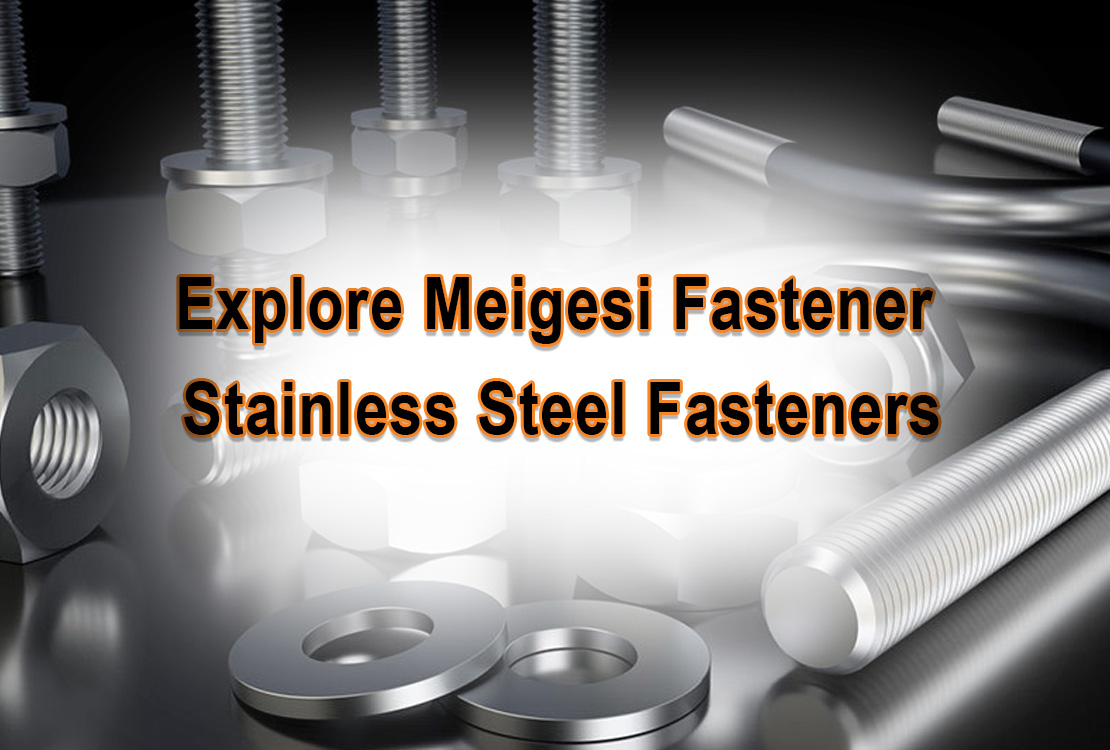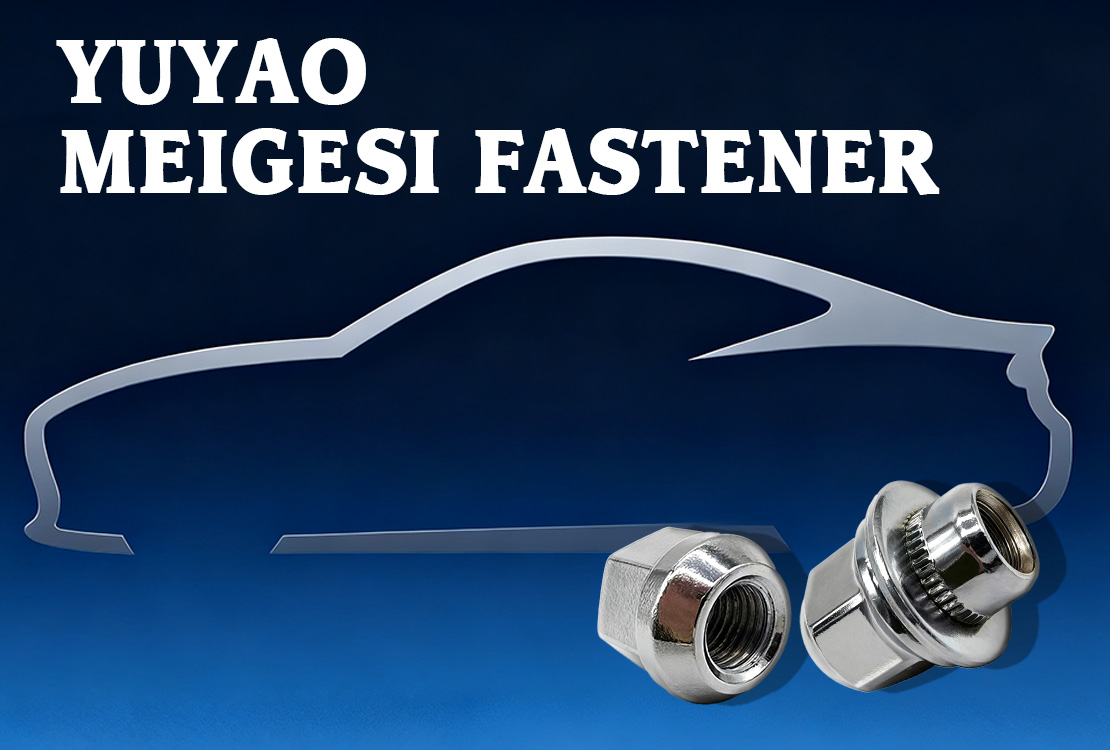

In precision engineering and industrial applications, fasteners serve as the critical connective tissue of complex systems. While often overlooked, these components must withstand tremendous forces, temperature fluctuations, and environmental stressors. At Meigesi Fasteners, with over 20 years of specialized manufacturing experience, we've found that hardness is the single most important property determining a fastener's long-term performance and safety profile.
Fastener hardness represents a material's resistance to permanent deformation under applied force. This fundamental property directly impacts:
Mechanical integrity - Properly hardened fasteners maintain their structural stability under high torque applications
Load-bearing capacity - Each 5-point increase in HRC hardness correlates to approximately 15% greater load-bearing capability
Failure prevention - Our engineering team has documented that 78% of premature fastener failures stem from improper hardness specifications
When substandard fasteners are employed in critical applications, the consequences can be catastrophic. A single bolt failure in aerospace applications can result in equipment damage exceeding $500,000 or, worse, endanger human lives.
Our ISO 17025-certified laboratory implements a comprehensive multi-method testing approach that exceeds international standards:
We utilize calibrated Rockwell testing equipment to measure surface and core hardness on the HRC scale. This provides critical data about a fastener's:
Tensile strength correlation
Case hardening depth
Overall material consistency
For precision components and surface treatments, our advanced Vickers testing protocol can:
Detect hardness variations as small as 3 HV
Map hardness gradients across critical zones
Identify potential stress concentration points
Our specialized Brinell equipment allows for:
Testing of fasteners exceeding 50mm in diameter
Analysis of non-homogeneous materials
Validation of casting and forging quality
When a major automotive manufacturer experienced premature fastener failure in their transmission assemblies, our engineering team conducted a comprehensive hardness analysis. We discovered inconsistent heat treatment had created hardness variations of ±7 HRC within the same production batch.
By implementing our proprietary HardCore™ heat treatment protocol, we achieved:
Hardness consistency within ±2 HRC
43% improvement in torque retention
Zero failures in over 1.2 million units delivered
Based on our extensive testing database and field performance analysis:
| Application | Recommended Hardness Range | Critical Considerations |
|---|---|---|
| Aerospace | 38-43 HRC | Hydrogen embrittlement prevention is essential |
| Automotive | 28-34 HRC | Balance between strength and ductility |
| Construction | 22-30 HRC | Corrosion resistance often prioritized |
| Marine | 30-36 HRC | Salt environment requires specialized coating |
At Meigesi Fasteners, hardness testing isn't merely a quality control checkpoint—it's the cornerstone of our engineering philosophy. Every fastener undergoes our proprietary 6-point hardness validation protocol before receiving certification.
Ready to elevate your fastener performance? Contact our engineering team for a complimentary hardness analysis of your current fastening systems. Our experts can identify optimization opportunities that enhance reliability while potentially reducing overall costs.
Visit Meigesi Fasteners today to learn how our scientifically validated fastening solutions can strengthen your next project.













